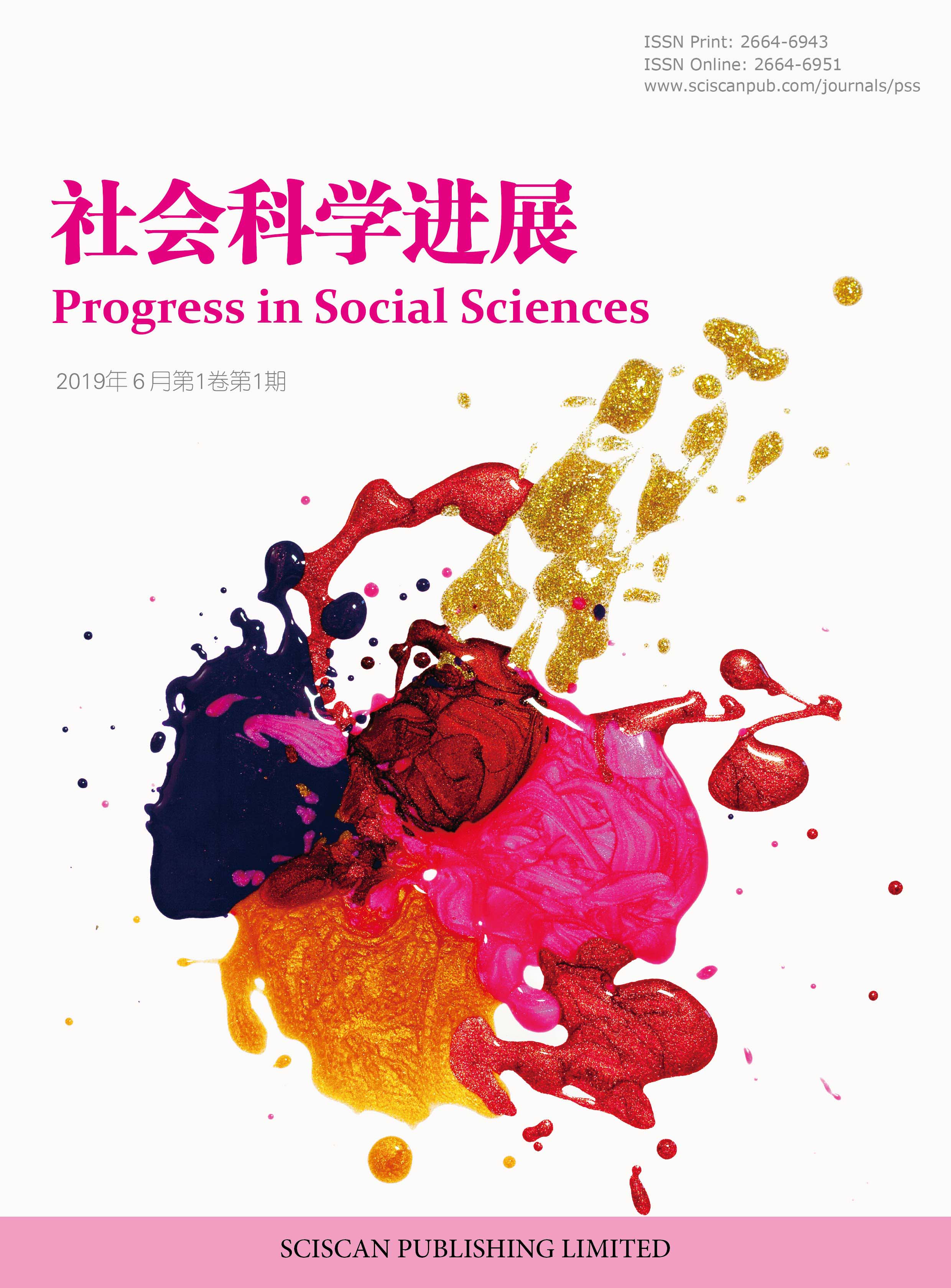Progress in Social Sciences
ISSN Print: 2664-6943
ISSN Online: 2664-6951
Contact Editorial Office
Subscribe to the latest published information from SCISCAN
从马克思异化劳动理论视角来解读《榆树下的欲望》
Desire Under the Elms from the Perspective of Marx’s Theory of Alienation of Labour
- Authors: 邹慧萍
-
Information:
华东理工大学外国语学院,上海
-
Keywords:
Eugene O’Neill; Desire Under the Elms; Marx; Alienated labour尤金·奥尼尔; 《榆树下的欲望》; 马克思; 异化劳动
- Abstract: Hailed as the “Father of American Modern Drama”, Eugene O’Neill got the Pulitzer Prize four times and a Nobel Prize for his work. His masterpiece Desire under the Elms tells a tragic story of a family who struggled for the ownership of a farm in a small New England town. The play portrays characters with a strong desire for material possession and love, and presents a closed world of alienation to the readers. Based on Marx’s theory of alienated labour, this paper analyzes four types of the alienated labour interspersed in Desire under the Elms. This play reflects the alienated state of people at a time when materialism is prevalent. In their frenzied pursuit for material, they neglect the cultivation of spirit and emotions, thinking that the possession of material will fill the spiritual void. “美国戏剧之父”尤金·奥尼尔曾荣获四次普利策奖和一次诺贝尔奖。其经典之作《榆树下的欲望》讲述了在1850年美国东北部新英格兰农庄一家人为了争夺农场所有权而发生的悲剧性故事。戏剧刻画的人物具有极强的物质占有欲和爱欲,给读者展现了一个封闭的异化世界。本文将以马克思的异化劳动理论为基础,分析马克思提出的异化劳动的四个规定在《榆树下的欲望》中的体现。该剧折射出在物质主义盛行的当下,人们异化的生存状态。在对物质的狂热追 逐中忽视了对精神和情感的栽培,以为占有物质就能填补精神的空虚。
- DOI: https://doi.org/10.35534/pss.0406049
-
Cite:
邹慧萍.从马克思异化劳动理论视角来解读《榆树下的欲望》[J].社会科学进展,2022,4(6):544-551.














